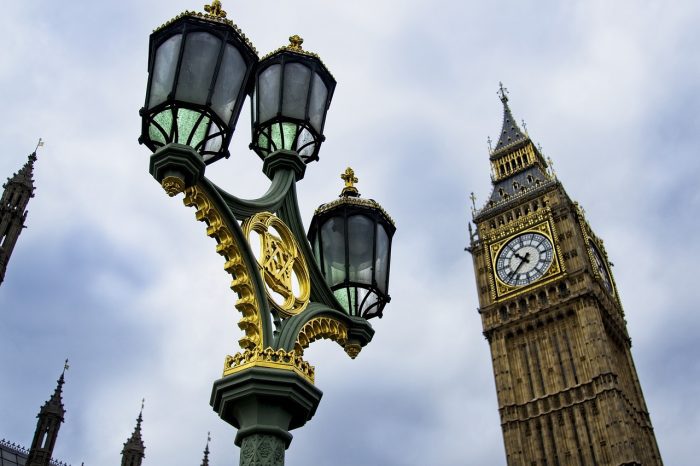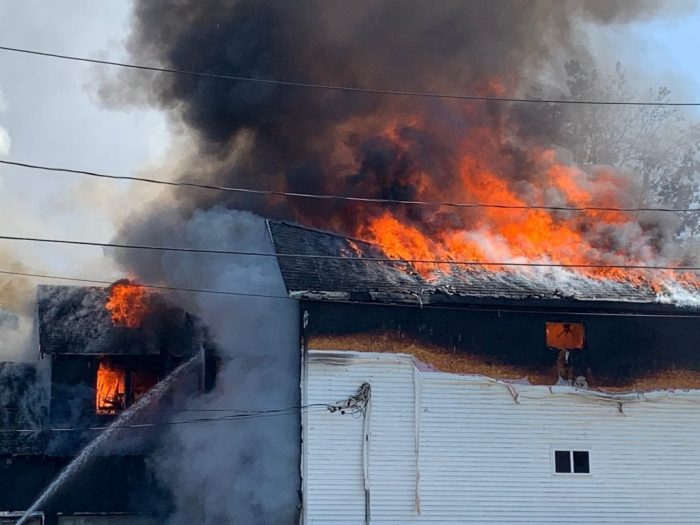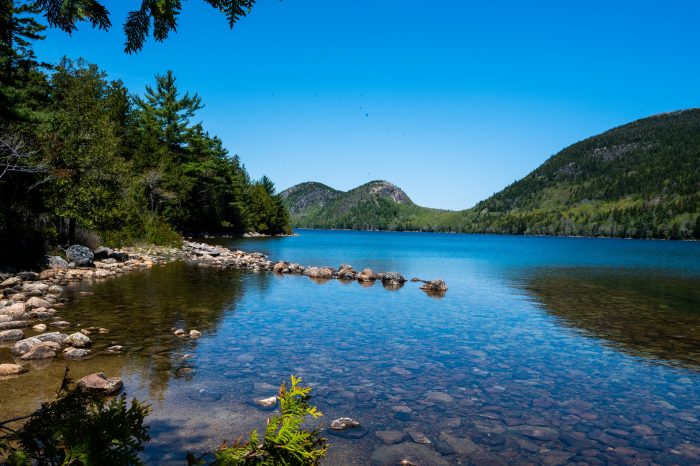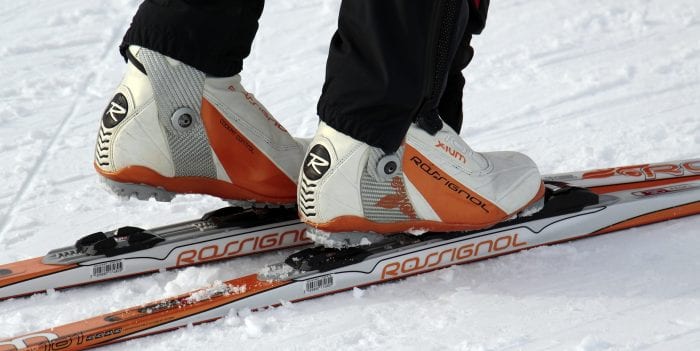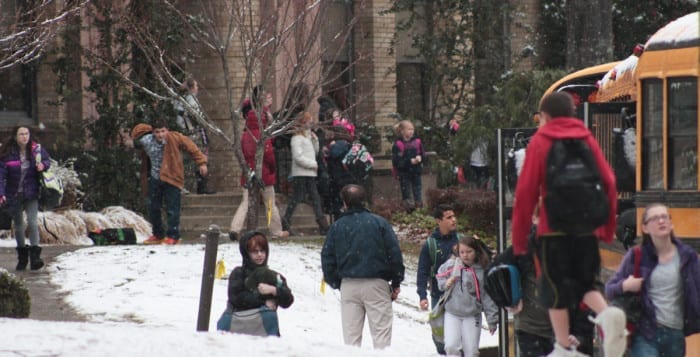By Leah S Dunaief
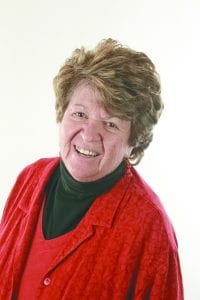
Publisher
What happens when opposites attract? Are those the most successful marriages? It is sometimes said that we subconsciously supply missing strengths to our partners when we select a mate. Do we really? Or is it just chemistry? Or possibly both?
We all know different couples and can notice who brings what to each pair. But of course, we don’t truly know about any marriage except our own, and to some extent, that of our parents.
Speaking for my own marriage, I can attest to the fact that differences make for an interesting life. The first example that comes to mind was our view toward vacations. Here is a typical scenario.
He: “Let’s go on vacation next month.”
She: “Oh, I couldn’t leave work next month. We have two new supplements due and not enough staff to finish them.”
He: “You always say that.”
She: “Besides, where would we go?”
He: “How about white water canoeing in the Adirondacks?”
She: “With the children?”
He: “Yes. We can all learn how to canoe. And we can bring the dog.”
She: “How would that work?”
He: Pulling out from his inner suit jacket pocket an envelope stuffed with tickets, “I have reservations for a cabin, four canoes and an instructor for five days.”
You probably guessed. We went. We had a wonderful time. My mother and sister came too, which was critical since our third son was too young to join us on the water. He had a good time back at the cabin, and we did indeed learn how to white water canoe, although I have probably forgotten by now.
I also thrived on the break in my work routine, and the competent staff back at the office handled the workload just fine.
Since my husband died, I have had to set a date deliberately for each vacation, and it’s a fight I have with myself because I don’t think I should leave the office. But I also know that I will function much better if I take a rest, and thanks to him, I have become a big believer in the restorative power of vacations.
So what did I bring to the relationship?
Here is another true life adventure story. The children were a bit older, and we were going to learn to ski in Vermont.
He: “I’ll do some research and make the reservations.”
She: “OK, I’ll pack.”
We got a late start and didn’t arrive at the motel until well after dark. Exhausted, we fell asleep despite uncomfortable beds. The morning light revealed an unmanageable scene. The five of us, along with our suitcases, boots, heavy ski pants, sweaters and jackets, hats and gloves, could barely fit into the room. I had brought a toaster oven with the thought of making Eggos for breakfast and then getting an early start on the slopes. When I plugged it in, a fuse blew with a nasty zap. The bathroom left a great deal to be desired and there were no closets.
She: “Why did you select this motel? Are we near the lifts?”
He: “It was the most reasonable one. The slopes are only ten miles away.”
She: “C’mon kids, pack up. We are going to find another place to stay.”
And we did. It was more expensive, a half a mile from the entrance, and we did become a skiing family. It was also a bit of a turning point. My husband and I agreed that henceforth, we would spend enough money to be comfortable on our two weeks of annual vacation, and upon our return home, we would resume our normally frugal lives.
After that, even our children noticed the difference.


